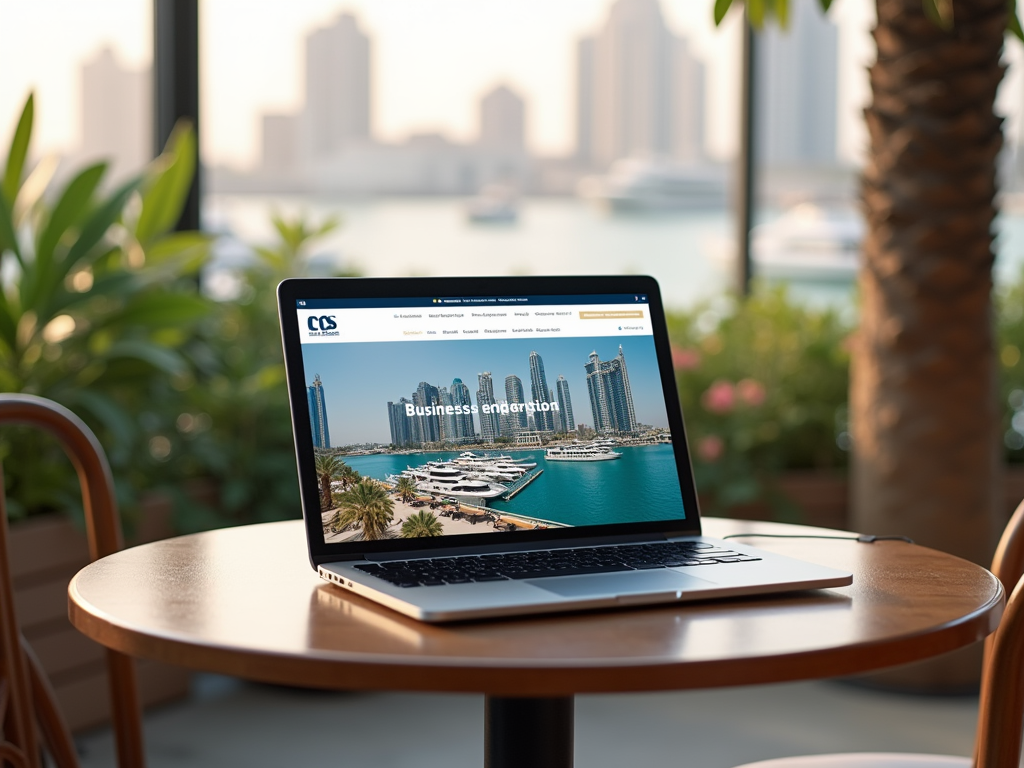
How to Expand Your Business to Dubai’s International Market
Expanding your business to Dubai’s international market can significantly enhance your brand’s visibility, customer base, and revenue potential. This article provides essential strategies that can help you successfully navigate the complexities of entering the Dubai market. We’ll explore understanding local regulations, creating a robust market entry strategy, utilizing digital platforms, leveraging local partnerships, and adapting to cultural nuances. By the end, you’ll have a comprehensive guide to take your business to the next level in this vibrant economy.
Understanding the Local Regulations

Before you can effectively enter the Dubai market, it is crucial to understand the local regulations that govern business operations. The UAE has specific laws that influence foreign investment, taxation, labor, and corporate governance, which can differ significantly from those in your home country. Here are some critical areas to consider:
- Business Licensing: Obtain the necessary licenses for your business type and industry, which can be categorized as commercial, industrial, or professional.
- Ownership Requirements: Familiarize yourself with the law regarding foreign ownership; some sectors require UAE national participation.
- Tax Implications: Understand the various taxes, including VAT, and potential exemptions available for certain industries.
- Labor Laws: Learn about hiring practices, employee rights, and your obligations as an employer.
- Trade Regulations: Know the rules regarding import/export restrictions and compliance customs procedures.
Navigating these regulations will help you avoid legal pitfalls and streamline your market entry. Always consider consulting a local business advisor or legal expert who can provide personalized guidance tailored to your business model and sector.
Creating a Robust Market Entry Strategy

A comprehensive market entry strategy is essential for success in Dubai’s competitive business landscape. This involves conducting thorough market research to understand the demand for your product or service. Start by identifying your target audience, their needs, and how your offerings can fulfill those needs. Some key elements to include are:
- Competitive Analysis: Study your competitors to understand their strengths and weaknesses.
- Unique Selling Proposition (USP): Define what differentiates your business from others in the market.
- Marketing Plan: Develop a strategy for how you will promote your business, including digital marketing, social media, and traditional channels.
- Sales Channels: Identify whether you will sell directly, through partnerships, or via distribution networks.
- Market Entry Model: Determine whether to enter as a sole proprietorship, franchise, joint venture, or through a subsidiary.
Each of these components will help provide a structured approach to entering the market and should be periodically evaluated and adjusted as necessary.
Utilizing Digital Platforms
In today’s digital age, having a strong online presence is non-negotiable, particularly in a tech-savvy market like Dubai. Utilizing digital platforms not only increases your outreach but also facilitates engagement with potential customers. Consider the following approaches:
- Website Localization: Ensure your website is adapted for the local audience, including language and cultural references.
- Social Media Engagement: Leverage popular platforms in Dubai, such as Instagram, Facebook, and LinkedIn, to connect with your target audience.
- Online Advertising: Implement targeted ads on search engines and social media to enhance visibility.
- Search Engine Optimization (SEO): Focus on local SEO strategies to ensure your business ranks highly in search results.
By embracing technology, you can expand your business reach effectively and cost-efficiently while fostering lasting customer relationships.
Leveraging Local Partnerships
Establishing partnerships with local businesses can provide invaluable insights and resources as you navigate the Dubai market. Local partners can help bridge the cultural and regulatory gaps that you may face. Here’s how to build effective partnerships:
- Network: Attend industry events, trade shows, and business expos to meet potential partners.
- Seek Aligned Values: Look for businesses that share similar values and target audiences to create synergies.
- Joint Ventures: Consider creating a joint venture for shared investment and reduced risk.
- Distribution Agreements: Partner with local distributors to streamline delivery and logistics.
- Reseller Partnerships: Collaborate with resellers to extend your reach more rapidly.
These partnerships offer mutual benefits and can enhance your credibility in the market. Finding the right local partner can act as a launching pad for your business operations.
Adapting to Cultural Nuances
Understanding Dubai’s diverse cultural landscape is crucial for achieving long-term success. The UAE is a melting pot of cultures, and being culturally sensitive can significantly influence your brand’s acceptance. Here are some important cultural aspects to consider:
- Respect for Traditions: Acknowledge and respect local traditions, customs, and Islamic holidays.
- Business Etiquette: Understand proper business etiquette, including the importance of relationships and trust in business dealings.
- Communication Style: Recognize the difference in communication styles—direct versus indirect—and adjust accordingly.
- Gender Roles: Be aware of the varying gender roles and expectations in the business context.
- Language Sensitivity: While English is widely spoken, showing an effort to communicate in Arabic may be appreciated.
Cultural awareness can enhance your interactions and help avoid miscommunications, which can be pivotal in building lasting business relationships.
Conclusion
Expanding your business into Dubai’s international market presents exciting opportunities, provided you approach it with the right mindset and strategy. By understanding local regulations, creating a robust market entry strategy, leveraging digital platforms, establishing local partnerships, and adapting to cultural nuances, you can position your business for success in this dynamic environment. As you embark on this journey, remember that continuous learning and adaptation are keys to thriving in a fast-paced market like Dubai.
Frequently Asked Questions
1. What are the key benefits of expanding to Dubai?
Dubai offers a strategic location, a diverse economy, favorable business regulations, and access to a wealthy consumer base, making it an attractive destination for international businesses.
2. Do I need a local partner to start a business in Dubai?
It depends on the type of business and the industry. Some sectors require local sponsorship, while others allow 100% foreign ownership, particularly in free zones.
3. What industries are growing in Dubai?
Key industries in Dubai include tourism, technology, trade, logistics, healthcare, and renewable energy, among others.
4. How can I market my business in Dubai?
Utilize both online and offline marketing strategies, including social media, SEO, traditional advertising, and participating in local trade shows and networking events.
5. What are the cultural considerations for doing business in Dubai?
Respect for local customs, understanding the significance of Islamic traditions, adapting your communication style, and being aware of gender roles are vital for success in the Dubai business environment.

